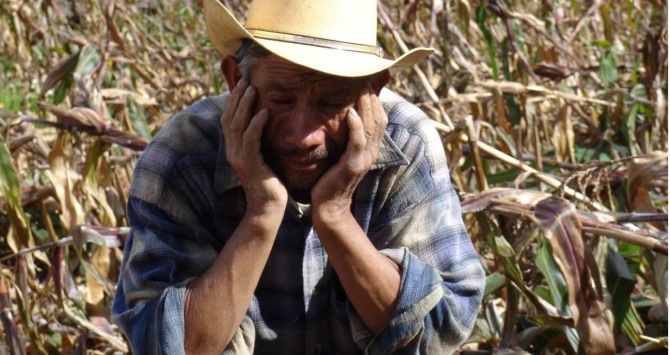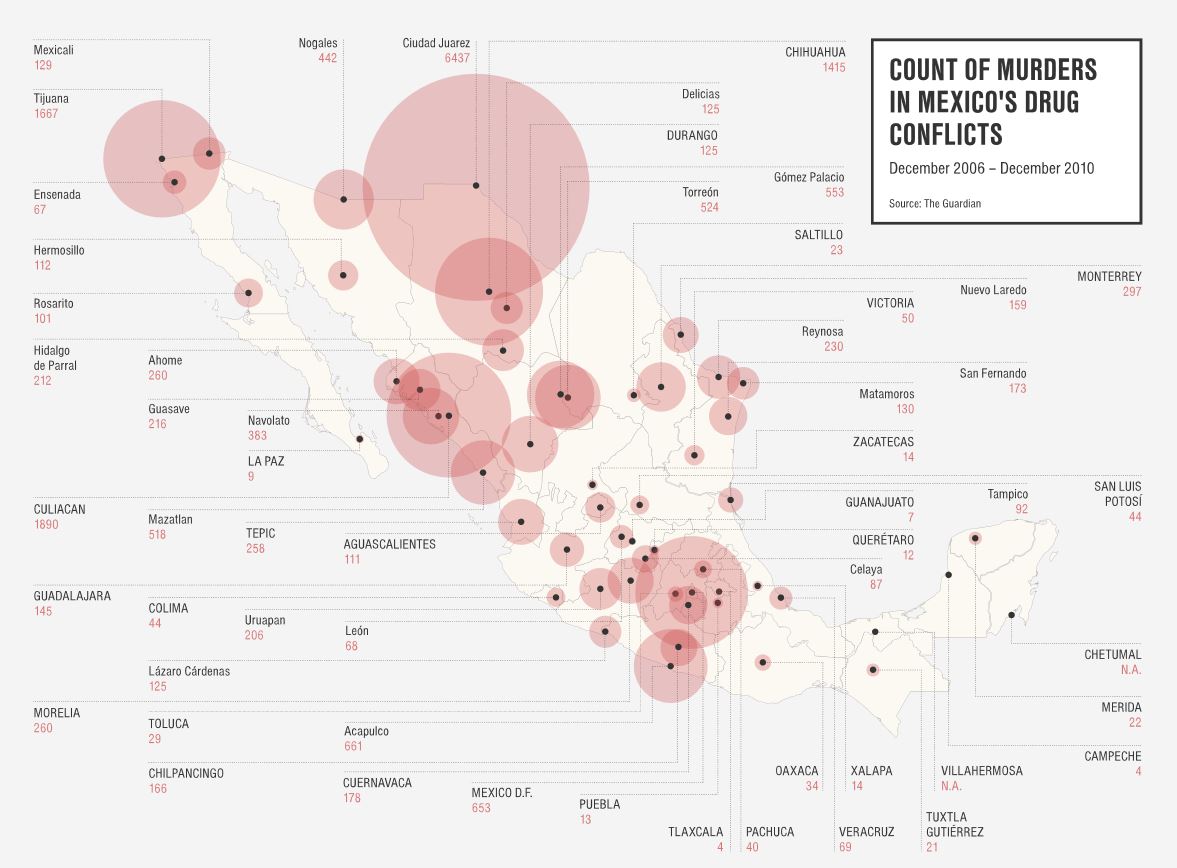In the third blog post of this five-part series, Professor Jean-Paul Faguet uses Bolivia’s experience to derive lessons for the West.
PART 3: Four lessons for the West
What lessons does the Bolivian experience hold for Europe, the UK and the US? A first insight is that political party systems, even those that appear successful and stable, can and do fall apart once they lose their moorings in the key issues and conflicts voters care about most. Stories of political collapse tend to be told in terms of dramatic events – wars, economic crises. These are not irrelevant, but they are also not essential. Politics can and do collapse in peacetime, and when the economy is boring. What is essential is the link between parties and social cleavage. Where it is missing, parties are doomed.
A second insight concerns the nature of these cleavages. The old worker-capitalist divide on which politics in the West has been based for a century or more appears increasingly obsolete. As manufacturing and heavy industry decline, they take with them a class of workers who strongly identify with each other against a common adversary. The changing nature of work, from a full-time, long-term commitment between employers and workers, to flexible, short-term ‘gigs’ with few benefits or guarantees, plus increasing levels of informality across rich and poor countries, is further undermining the traditional opposition. We see this throughout Europe, where parties founded to represent industrial workers cannot hope to win elections, or even retain a purpose, when “workers-as-workers” shrink to a small fraction of the economy. This is why the current turmoil in France’s Socialists is not circumstantial, but existential, and also explains many of the current ructions in UK Labour. The German Social Democratic, Dutch Labor, and other European pro-worker parties face similar long-term declines in their core vote.
American politics was historically different. The politics of a country born of very different circumstances, and with a federal structure that added new states over two centuries, was traditionally less disciplined that Europe’s and fudged ideological boundaries far more. Only in recent years have US parties aligned programmatically, with Republican and Democratic legislators and policy ideas aligned more coherently on the right and left respectively, with much less overlap than before. It is ironic that their previously more diffuse ideological stance would have left them in a stronger position vis-à-vis the cleavage shift from below they now face.
The flip side of this point is that the worker-capitalist divide was far less solidly grounded in Bolivia, of course, than in most Western countries, and politics far less institutionalized. Hence Western party systems are unlikely to collapse as suddenly as Bolivia’s did, although individual parties could.
Thirdly, Bolivia illustrates how hard parties find it to change their core values and positions, because they have invested so much in building reputations based on them. For different but complementary reasons, both politicians and activists oppose large shifts. Hence as society changes – even as a result of policies they implemented – parties tend to get left behind. Political-system change tends to take the form of replacement: new parties and movements arise and push aside established, traditional parties that are no longer relevant.
When established parties fail, what is likely to replace them? In which underlying social cleavage will a new kind of politics anchor itself? This is difficult to predict for societies where the transition is less advanced. Perhaps a new economic divide, based not on workers vs. capitalists, but some other opposition that has importance and meaning to large numbers of voters? Such a cleavage would need to be not only relevant, but competitively compelling to a large segment of the population. ‘Competitively compelling’ means attractive to voters, as political entrepreneurs create new movements and compete for adherents. Their narrative, which privileges one particular cleavage over others, must be more compelling than the narratives other parties base on alternative cleavages. And today the most compelling narratives in the West, as in Bolivia, revolve around race, ethnicity, and place.
The new politics will play out differently in different countries depending on their histories and social compositions, and on how the identitarian cleavage interacts with a distinct geographic cleavage. In countries where no group is dominant, party systems may gel around identity per se, with parties representing particular groups, perhaps with larger groups at either end and smaller coalition-makers in-between. But where one group is a majority, a new axis of competition may emerge linking this group’s party at one end with a cosmopolitan party that denies, or seeks to minimize, identity differences at the other. We see this in Europe and the US, where cosmopolitan, non- or multi-identity parties are strongest in large cities and their suburbs, while nativist, populist politicians fare best in rural areas, towns and small cities. Suitably adapted, we see it also in Bolivia, where indigenous politics is strongest in the western highlands, the seat of Bolivia’s ancient civilizations, while an opposition far less invested in race or ethnicity is strongest in the migrant-rich Eastern lowlands. This is the fourth insight.
In historical terms, this is an extraordinary reversal. The Western Enlightenment believed in the equality of mankind. Liberalism sought to overcome identity-based cleavages. In countries like the US and France, liberals built not just politics, but national identities based on shared ideals, and not skin color or cultural traditions. Parties arrayed on a left-vs-right axis were accessible to everyone, regardless of identity. For decades we have taken this as given. But it is useful to remember that an open, inclusive politics in a multi-ethnic democracy is a hard thing to pull off. The danger now for the West is that a new politics is forged around identitarian cleavages of race, religion, ethnicity, and language. This would vindicate Huntington’s “clash of civilizations” thesis (1996), and possibly mark the failure of the Liberal project.
Part 3/5 of the blog series will be posted tomorrow and will use Bolivia’s experience to derive four more lessons for the West. The five part series is based on a recent article published in the Journal of Democracy.
Professor Jean-Paul Faguet (@jpfaguet) works at the frontier between economics and politics, using quantitative and qualitative methods to investigate the institutions and organizational forms that underpin development. Specific fields include political economy, comparative politics, institutional economics, and development economics.
The views expressed in this post are those of the author and in no way reflect those of the International Development LSE blog or the London School of Economics and Political Science.





